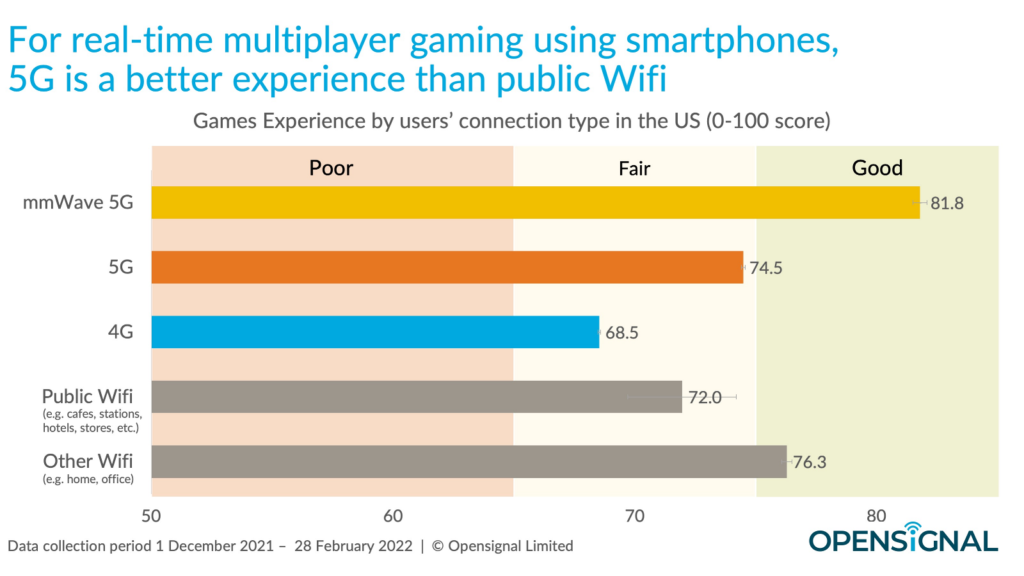Genomics is transforming the fields of medicine and science, yet current methods struggle to encompass the full spectrum of human genetic diversity. Pangenomes, which amalgamate DNA from multiple individuals, offer a potential solution, with a new initiative banking on quantum computers to drive progress.
When the Human Genome Project unveiled its initial reference genome in 2001, it was derived from a small cohort of individuals. Despite the fact that less than one percent of human DNA differs from person to person, this variability can create gaps, limiting the insights gleaned from genomic analyses.
The concept of a pangenome has gained traction in recent years. This concept involves compiling genomic sequences from a diverse array of individuals to encompass a broader range of genetic possibilities.
However, constructing these pangenomes is challenging, given their size and complexity, which makes computational analyses a daunting task. To address this challenge, the University of Cambridge, the Wellcome Sanger Institute, and the European Molecular Biology Laboratory’s European Bioinformatics Institute have joined forces to explore the potential of quantum computers.
David Holland from the Wellcome Sanger Institute expressed excitement about the convergence of quantum computing and pangenomics, anticipating significant advancements resulting from this synergy.
Pangenomes could play a pivotal role in uncovering the impact of various genetic variants on human biology and that of other species. While the current reference genome serves as a roadmap for assembling genetic sequences, the variability in human genomes often leads to mismatches. A pangenome offers a more comprehensive view of human genetic diversity, facilitating a deeper understanding of possible human genomes.
Despite their significance, pangenomes pose challenges in terms of complexity. While an individual’s genome is a linear sequence of genetic data, a pangenome forms a complex network that encompasses overlaps and distinctions among constituent genomes.
The development of quantum algorithms is seen as a potential solution to accelerate both the generation and analysis of pangenomes. While uncertainties remain regarding the capabilities of quantum computers, the project aims to leverage quantum mechanics to tackle computational challenges that classical computers struggle with.
The project has secured funding for the development of new algorithms and their testing on simulated quantum hardware using supercomputers. The researchers envision that these tools could revolutionize personalized medicine and enhance our ability to manage disease outbreaks.
Although the project is in its early stages, the researchers are optimistic about the potential impact of their work. If successful, this initiative could significantly enhance our comprehension of the genetic factors influencing human life.
Image Credit: Gerd Altmann / Pixabay



